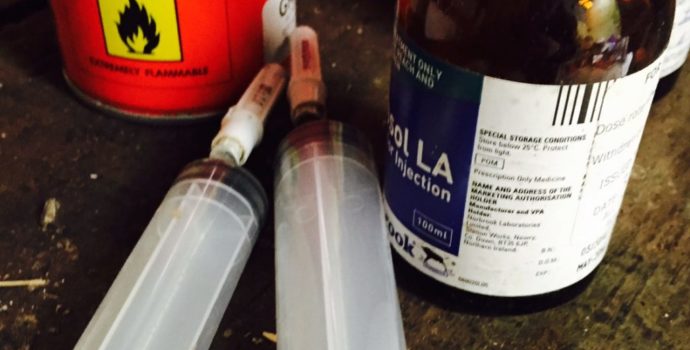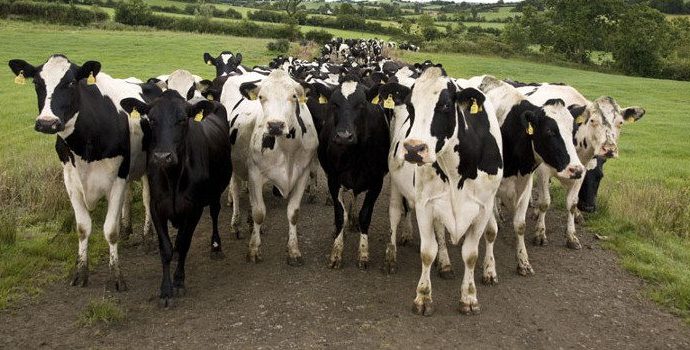Co-ops Must Support Farmers Through Challenging Months

IFA National Dairy Committee Chairman Sean O’Leary today (Friday) said that after record cuts of up to 3c/l on September milk supplies, it now behoved co-ops to hold prices at current levels for October.
He said co-ops should ensure that, to secure the long term future of the hefty processing investment undertaken in anticipation of the end of quotas, farmers should be supported through the challenging months of the transition, as these are likely to coincide with poorer prices than farmers had planned for.
He added that farmers should exercise caution with any on-farm investment plans requiring major financial commitments with short term repayment implications. “We need action from our new Commissioner Phil Hogan and the Agriculture Council in Brussels to turn around markets through improved crisis management measures, but there is a lot co-ops can do day to day to support farmers through these difficult times,” Mr O’Leary said.
“Irish milk purchasers have the unenviable record of paying the lowest price in the September European milk price league produced by Dutch farm organisation LTO. The LTO league averages 37.47c/kg (38.6c/litre before VAT). Even allowing for the lower EU October average gross market returns of 35 to 36c/l and the fall in the IDB PPI to 102.8 points for October, an Irish price of around 32c/l incl. VAT is justified,” Mr O’Leary said.
“With global volumes still running ahead of demand, weaker dairy prices may well be a feature of the next few months. The Irish dairy sector has ambitious investment plans, from processors to farmers. Many processing co-ops expect farmers not only to produce consistently more milk to utilise the extra capacity from next Spring, but also to make a significant financial contribution towards the financing of its building and commissioning,” he said.
“This may prove more challenging than expected, at least over the short to medium term. It will be critical for co-ops to support dairy farmers through this process, primarily by holding the strongest possible milk price, but also by providing keenly priced inputs and by avoiding excessive interference with farmers’ cash flow when collecting outstanding credit. Co-ops and the Irish Dairy Board also need to engage in earnest in providing farmers with readily useable risk management and hedging options for milk prices and input costs,” he said.
“I would add that farm advisors, whether within co-ops, from Teagasc or private, ought to also adapt their advice to farmers, to urge greater care and caution with financial commitments, especially over the next number of months. With global demand on the rise for the very long term, the opportunity to expand will continue well past 1st April 2015,” he concluded.




